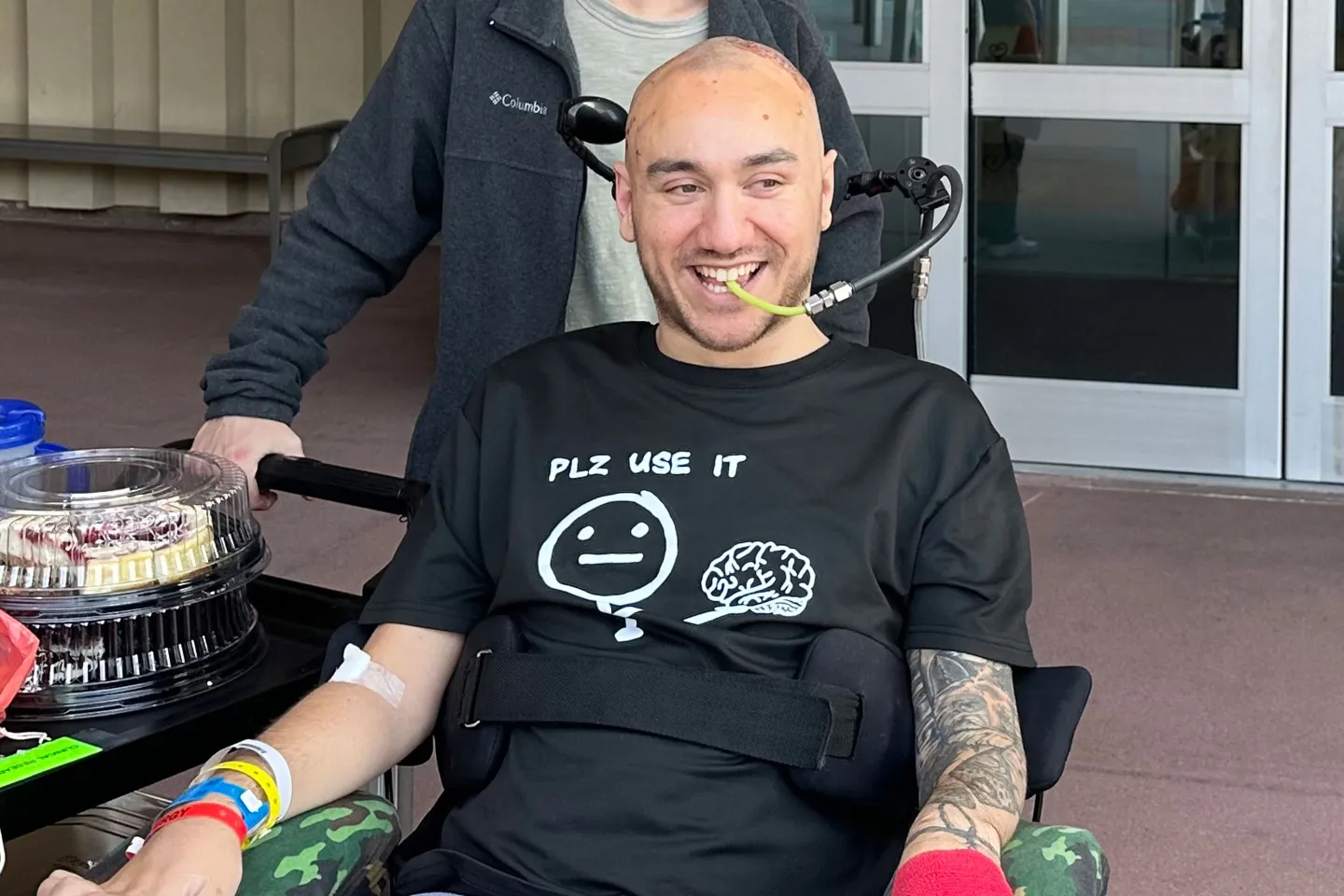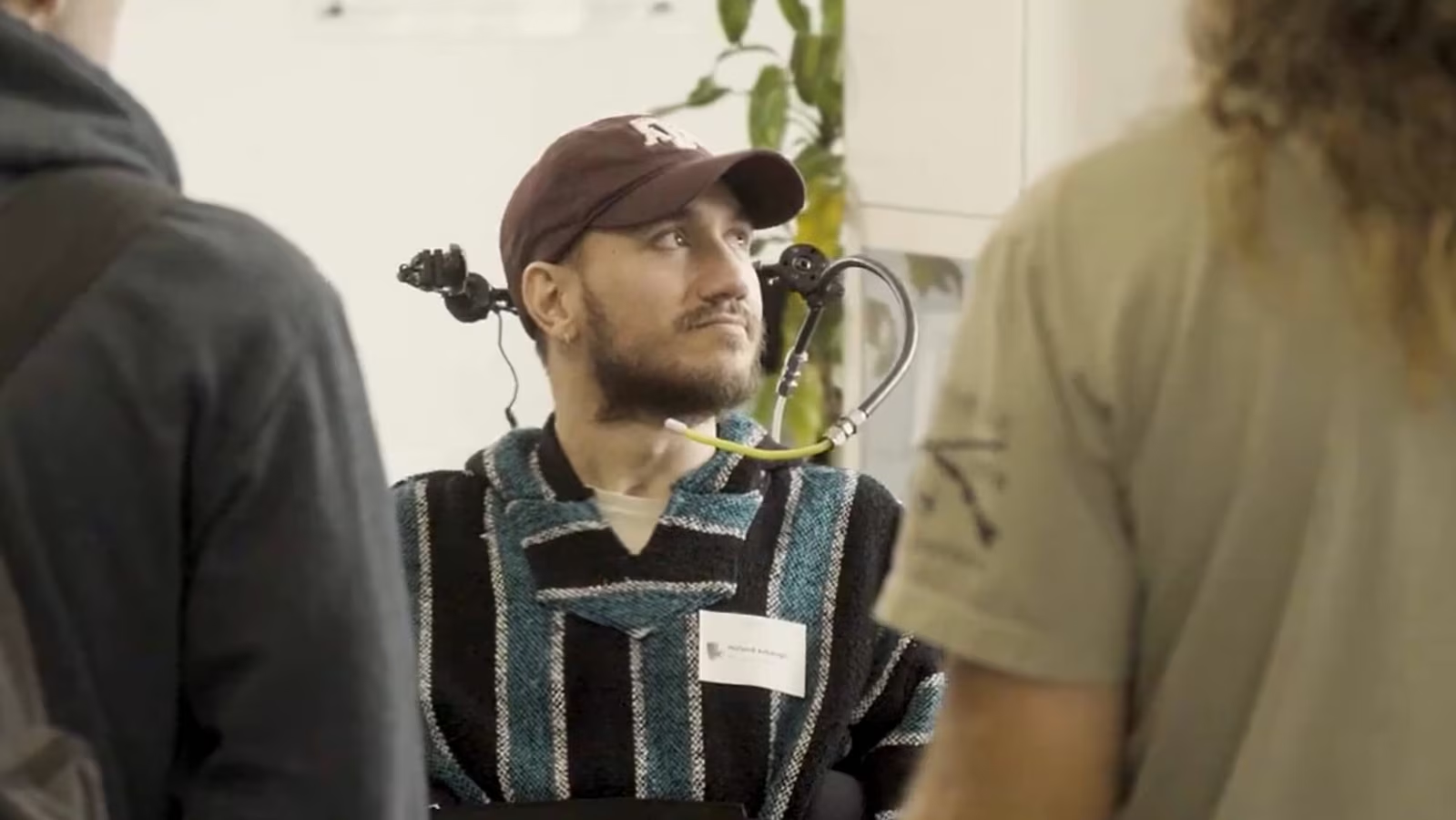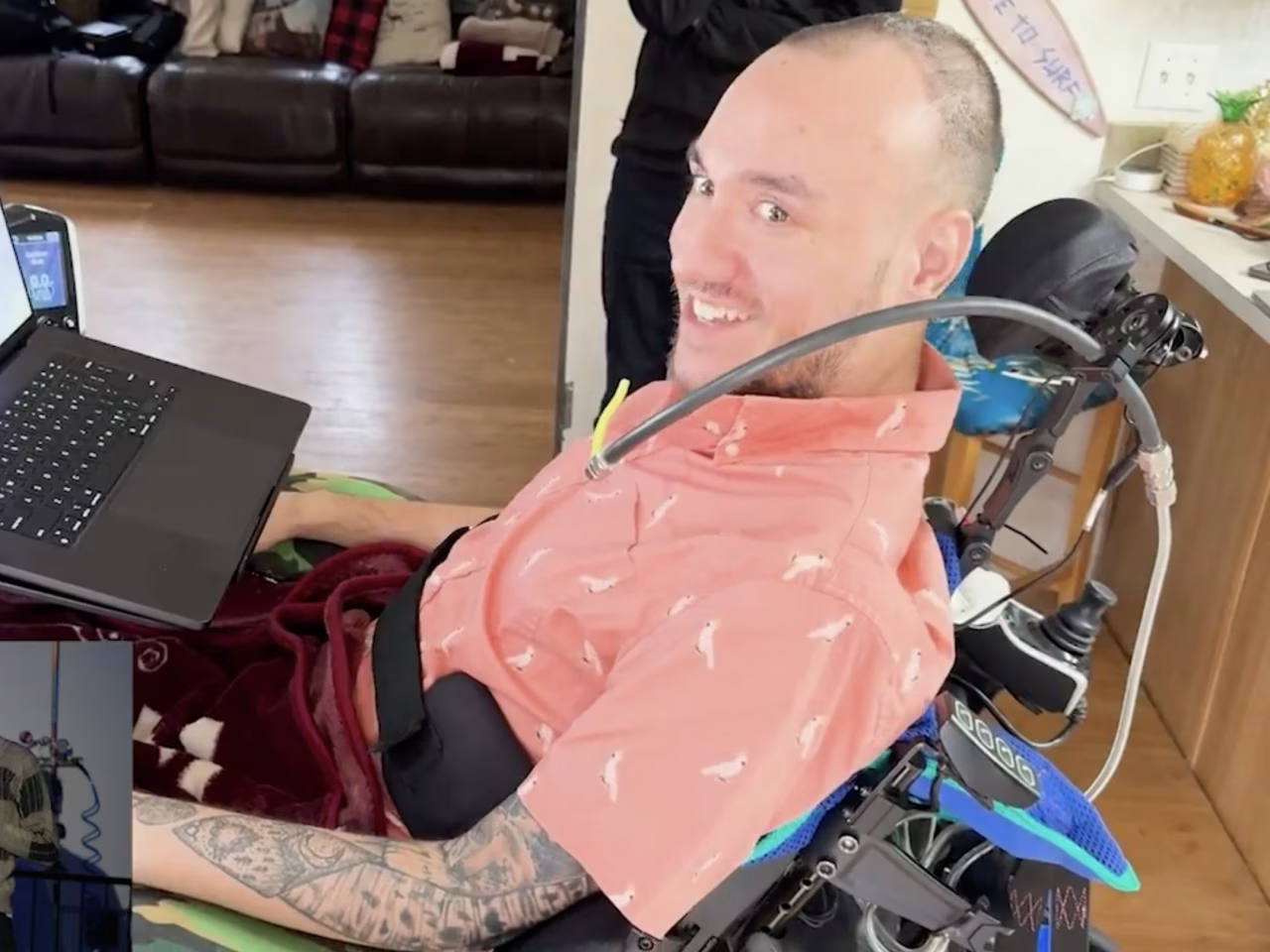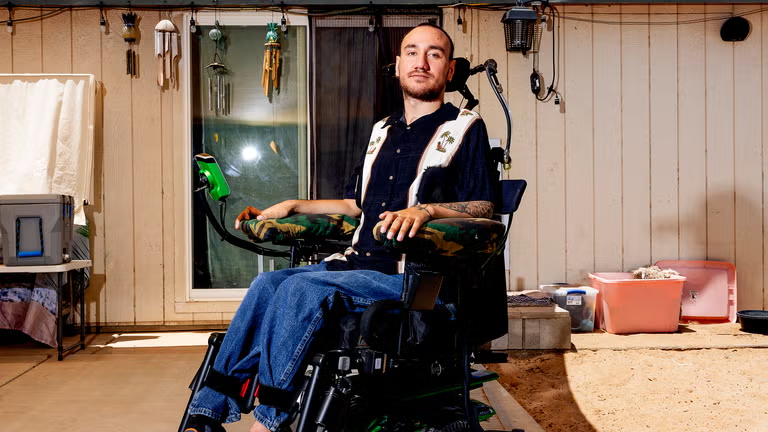A groundbreaking brain chip has transformed a paralyzed man's life, opening new possibilities. Noland Arbaugh, the first person to receive Neuralink's experimental implant, can now control devices with his mind. From playing games to managing daily tasks, his story showcases the power of technology to restore independence.
A Life-Changing Surgery

Noland Arbaugh lost movement below his shoulders after a swimming accident. At the Barrow Neurological Institute, he underwent a pioneering procedure. A robotic device implanted a Neuralink chip in his brain. The chip, with over 1,000 electrodes, connects to his motor cortex. It translates brain signals into digital commands. Arbaugh can now use a computer without moving a muscle. The surgery, lasting under two hours, marked a medical milestone.
Mastering Mind Control

The Neuralink chip allows Arbaugh to control devices by thinking. He plays Mario Kart, adjusts his TV, and even turns on an air purifier. On his first day using it, he broke a world record for brain-computer interface speed. "It was very easy to learn," Arbaugh said. The wireless device needs to be charged every five hours, often via a coil in his hat. This technology sets Neuralink apart from competitors using wired systems.
Challenges of Being a Pioneer

Arbaugh, known as "P1" at Neuralink, faced unique challenges. As the first recipient, he drew intense public attention. His X account was hacked, and he dealt with a false police tip. Despite this, he embraces his role. He's shared his story on podcasts and at events. Arbaugh says Neuralink never restricted his speech. His openness aims to show the device's safety and potential. Yet, the spotlight comes with pressure.
A New Sense of Purpose

The chip has given Arbaugh a renewed sense of purpose. He uses it about 10 hours a day for studying and gaming. He's enrolled in college, pursuing a neuroscience degree. Arbaugh is also starting a speaking business. Before the implant, he felt aimless, with little to do. Now, he's excited about his future. "I feel like I have potential again," he said. His story inspires others with similar challenges.
The Future of Brain Chips

Neuralink's work is just beginning, with eight more patients now implanted. The company aims to create a full brain interface. This could revolutionize how people with paralysis live. But questions remain about long-term effects and ethics. Arbaugh's case shows the promise of brain-computer interfaces. As technology advances, more could regain independence. His journey is a glimpse into a future where minds control machines.
The impact of Arbaugh's experience goes beyond one man. It highlights the potential for technology to transform lives. Researchers are exploring how brain chips can help with various conditions. The road ahead includes refining the technology and ensuring safety. Arbaugh's success fuels hope, but careful steps are needed. His story is a beacon for those facing physical limitations, showing what's possible with innovation.
Arbaugh's life reflects a blend of courage and technology. He never doubted the chip would work, even as the first patient. His family initially worried about the risks, but they supported his choice. The success of the procedure has validated their trust. Now, Arbaugh is helping others understand the benefits of the technology. His journey is a testament to human resilience and scientific breakthroughs, sparking excitement for what's next.
0 comments:
Ikutan Komentar